Why Use LEDs for Industrial Spaces
Industrial environments present unique challenges that demand efficient, reliable, high-quality lighting. Here are four critical reasons to use LED lighting in these settings:
- Longer Lifespan and Reduced Maintenance
LED lighting lasts significantly longer than alternative lighting options, like fluorescent and incandescent. This translates into conserving time and reducing maintenance needs when changing the lighting. LED even has increased durability that can stand against rough environments, like high vibrations or temperatures.
- Reduced Energy Consumption
Industrial spaces, like factories and warehouses, consume the most electricity compared to commercial and residential. For businesses looking to be more energy-efficient, LED lighting is the best option. LED lighting can significantly reduce energy consumption and costs by up to 80%. Since they produce less heat, more energy goes towards converting electricity into light. Businesses that switch to LEDs notice a lower carbon footprint and reduced utility bills.
- Improved Lighting Quality
LED lighting is the superior quality lighting option on the market. They can emit brighter lighting without flickering rather than wasting their energy on producing heat. Their lighting is adaptable to change to different color temperatures and brightness. Improved lighting quality not only boosts productivity but also contributes to a safer and more comfortable working environment.
- Reduced Workplace Accidents
Industrial areas are filled with heavy machinery and equipment. Proper illumination will decrease the number of workplace accidents. LEDs have the best lighting quality on the market, and they are partnered with a high CRI (color rendering index) that allows employees to differentiate colors quickly. Resulting in reduced slips, accidents, or falls. LEDs’ longevity and durability also reduce any accidents because of reduced maintenance needs. The downtime between fixing burnt-out lights or broken fixtures can lead to more accidents. Overall, LEDs are the best safety option for industrial spaces.
Recommended Fixtures for Industrial Facilities
Selecting the right LED fixtures ensures optimal performance tailored to your specific industrial environment. Here are some popular options:
Designed for ceilings 25 feet or higher, these fixtures provide powerful illumination for warehouses, manufacturing plants, and large open spaces. LEDs outperform traditional high bay lighting by offering better light distribution and energy efficiency.
For facilities with lower ceilings, low bay fixtures are ideal. They deliver focused lighting for areas where high bay solutions might be inefficient. Applications include assembly lines and smaller warehouse sections.
Common in retail or large storage areas, LED linear strip lights are compact, energy-efficient, and provide excellent coverage. They are a great replacement for fluorescent T8 or T12 fixtures.
These lights fit seamlessly into ceilings, making them ideal for offices, labs, and administrative areas within industrial facilities. Available in multiple sizes, they can be retrofitted with LED tubes or installed as new LED fixtures.
Lighting Design for Industrial Facilities
Strategic lighting design maximizes safety, efficiency, and productivity in industrial spaces. Here’s a breakdown of key considerations:
- Overhead Lighting
Overhead lighting is used to provide broad lighting that covers large areas. High bay or low bay is common in industrial businesses for providing uniform and consistent lighting without casting large shadows. For optimal results, aim for a color temperature of 5000K–6500K, which enhances visibility and reduces fatigue.
- Task Lighting
Some work zones, like machine operations or worktables, will need extra lighting to ensure safety and efficiency. Task lighting options include table lamps or LED spotlights that target the area. This gives employees maximum visibility without creating a glare.
- Emergency and Safety Lighting
Some industrial facilities can deal with heavy machinery or hazardous materials, making emergency and safety lighting a top priority. Fixtures need to be placed along exits, stairwells, and other evacuation routes so that employees can exit the facility safely. LED solutions provide long-lasting reliability and can operate for extended periods during outages.
- Lighting Metrics to Follow
OSHA recommends specific light levels based on tasks performed. For general manufacturing, 30 candles (FC) are typically sufficient, while more detailed tasks may require 50–100 FC. Conducting a lighting audit can help ensure compliance and identify areas for improvement.
LED Lighting for Industrial Spaces from Action Services Group
LED lighting can revitalize industrial spaces by enhancing safety, lowering energy consumption, and reducing maintenance costs. Industrial facilities already consume a lot of electricity, and LEDs can help decrease energy usage and lower utility bills. Whether it’s a warehouse or factory, LED adaptive technology can be customized to suit the specific needs of the building. They can be used in a variety of fixtures and tune the CRI and wattage to meet safety and OSHA requirements.
Action Services Group can assist you in finding the lighting solutions that meet your goals. If you’re seeking better safety precautions, lower energy usage, or cutting costs, we create a lighting environment for your industry. To speak with one of our specialists, call 610-558-9773, email [email protected], or schedule a call that fits your needs by clicking the button below.

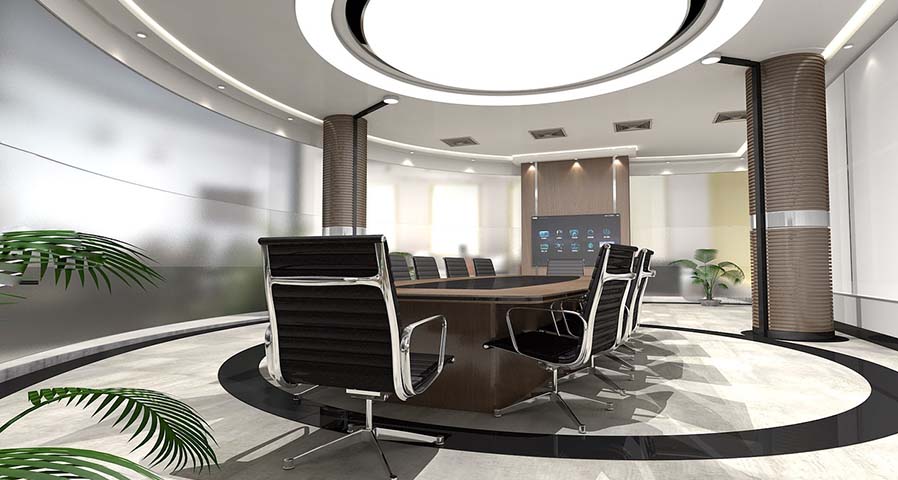

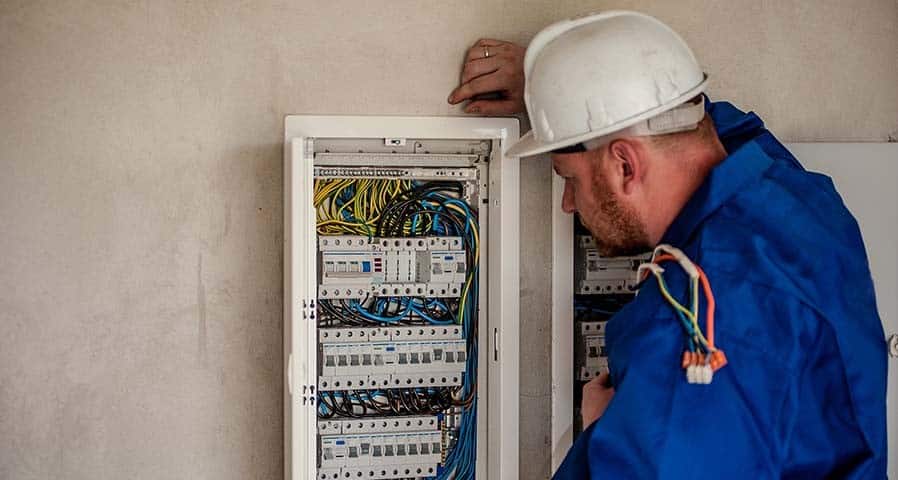
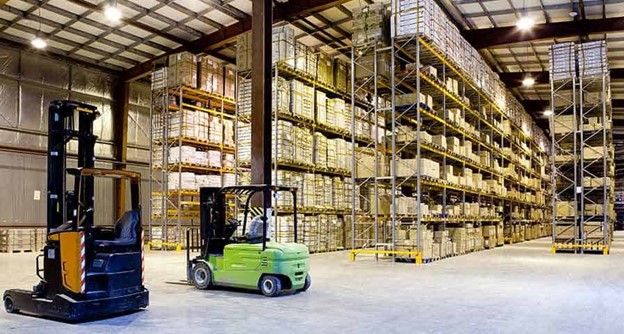
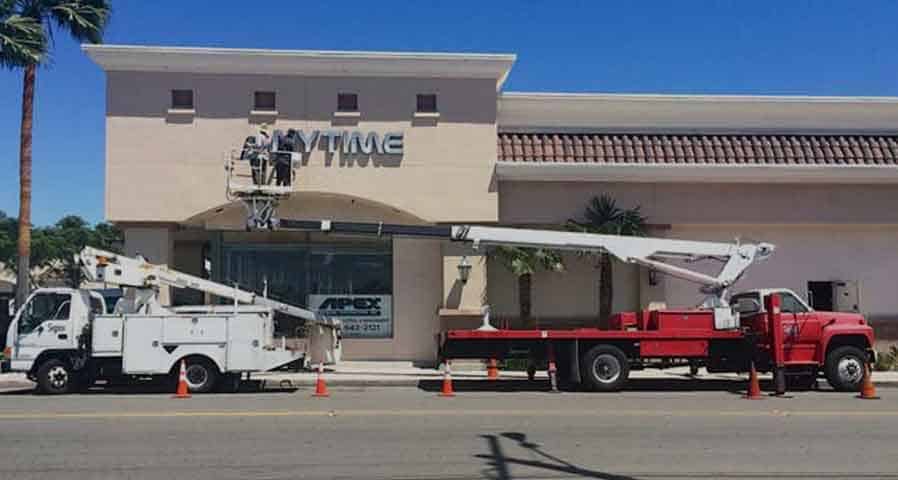

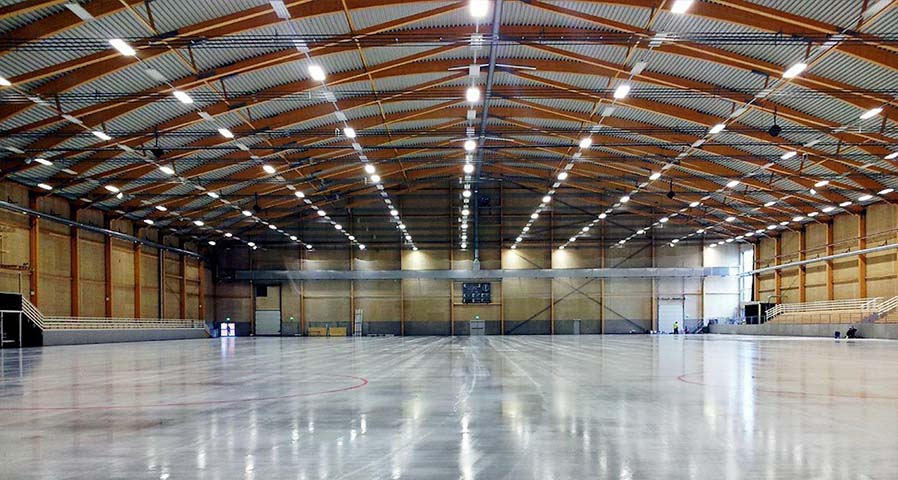







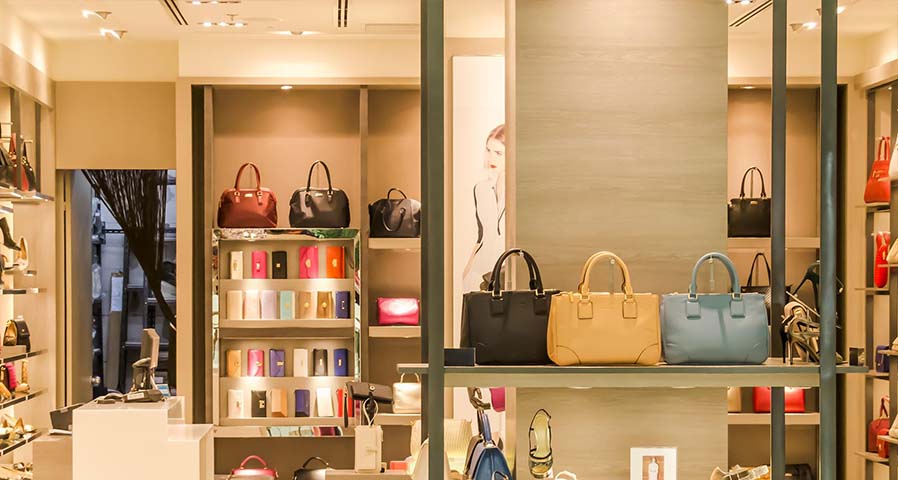
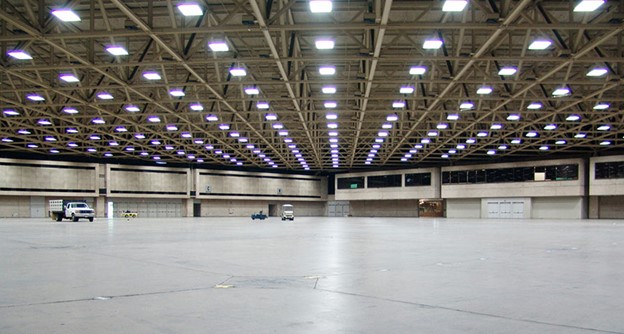
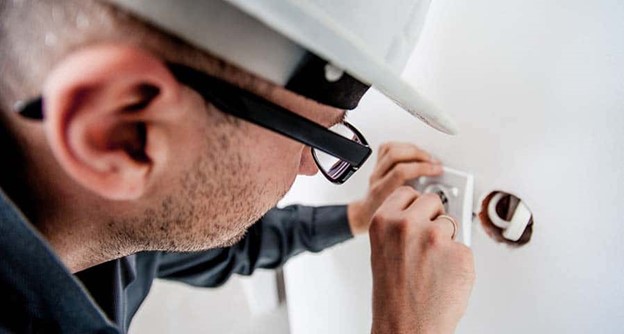

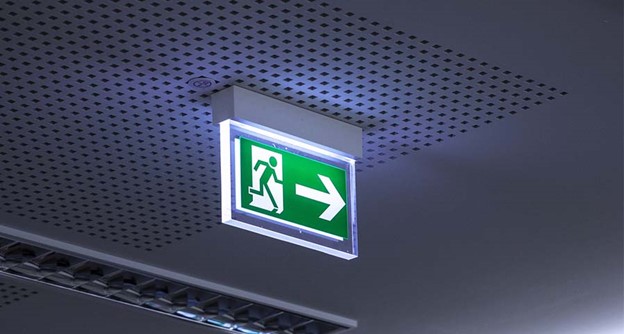
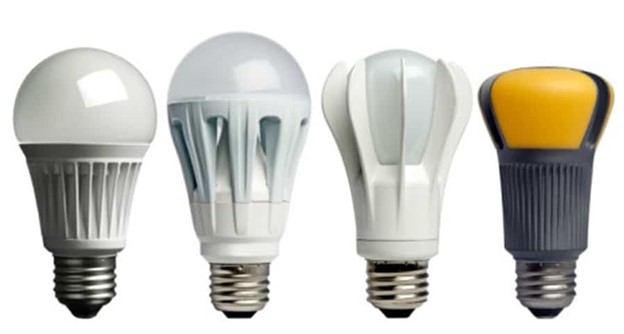
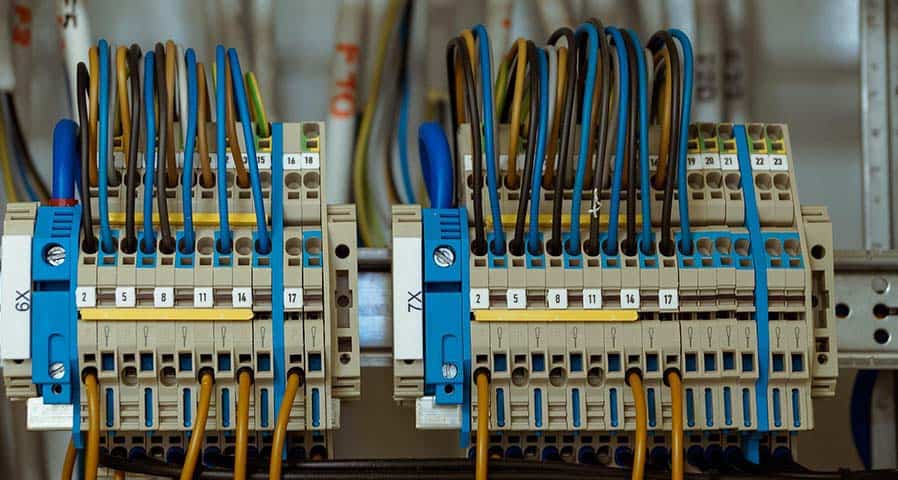
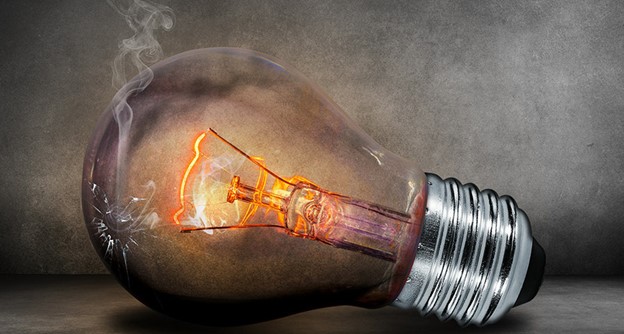
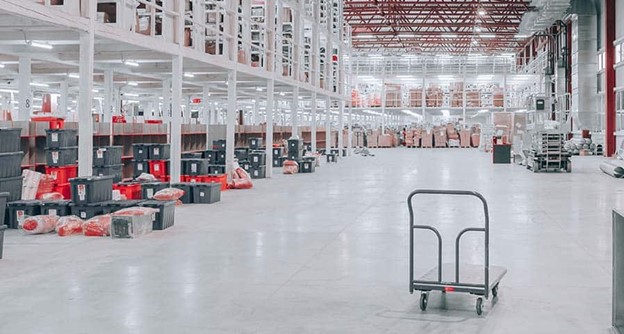

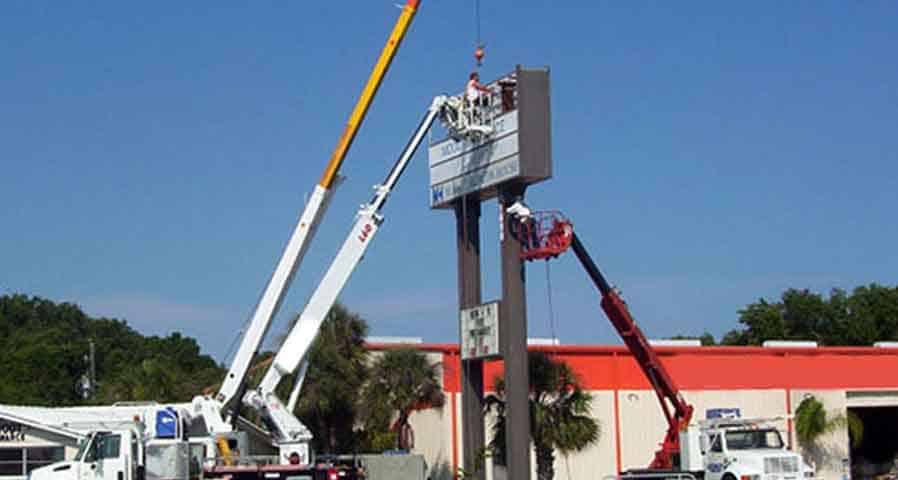

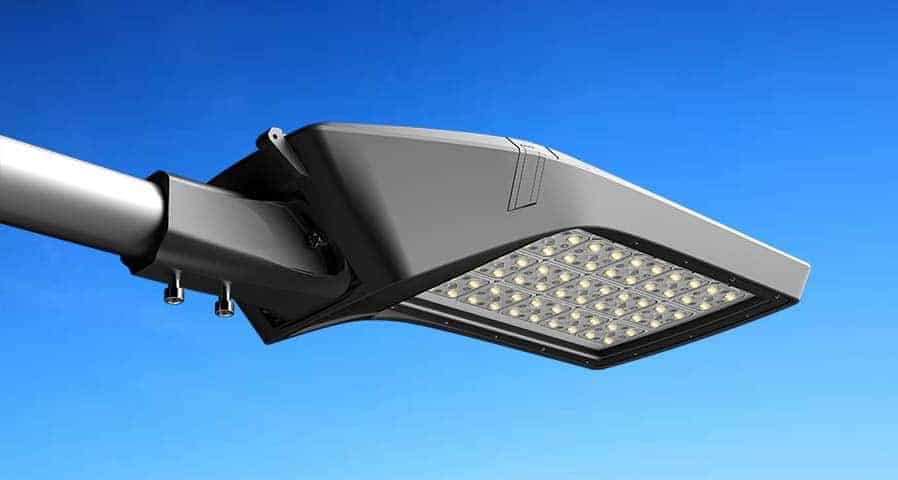
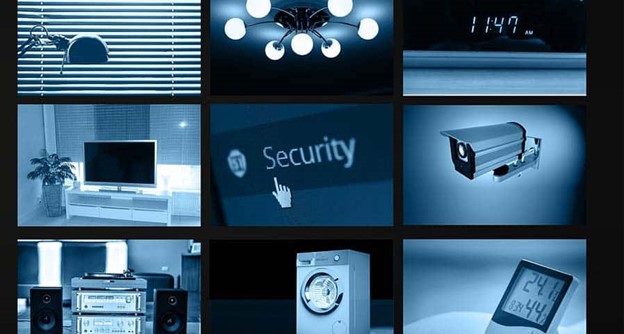
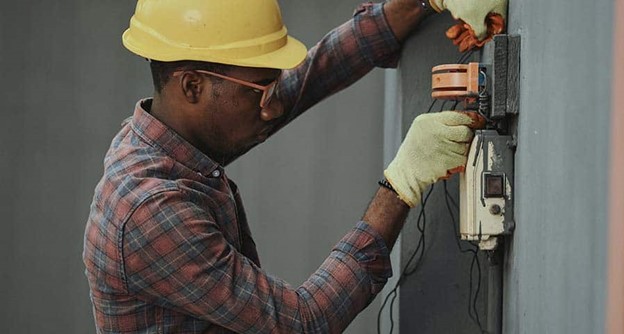
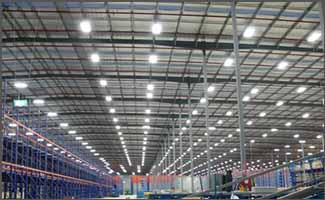
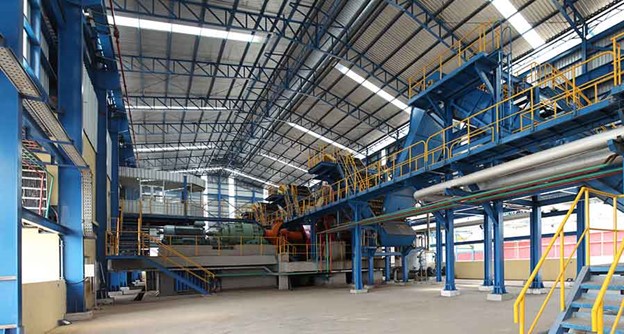



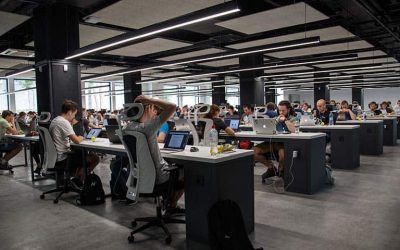




0 Comments